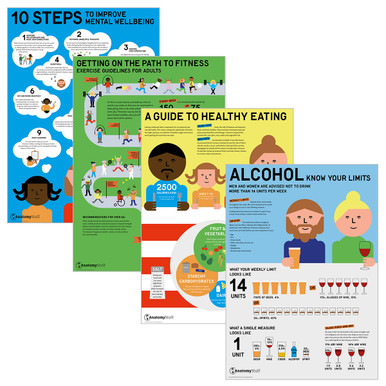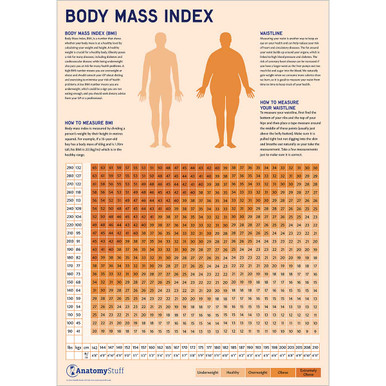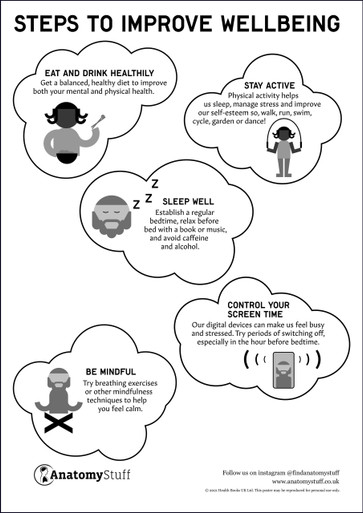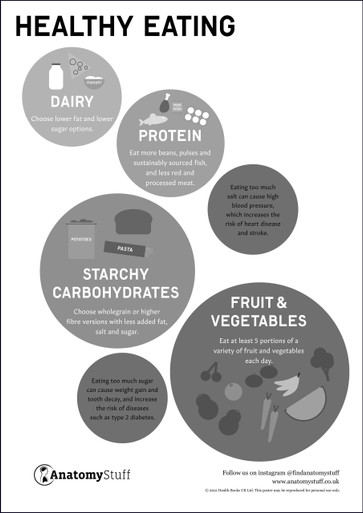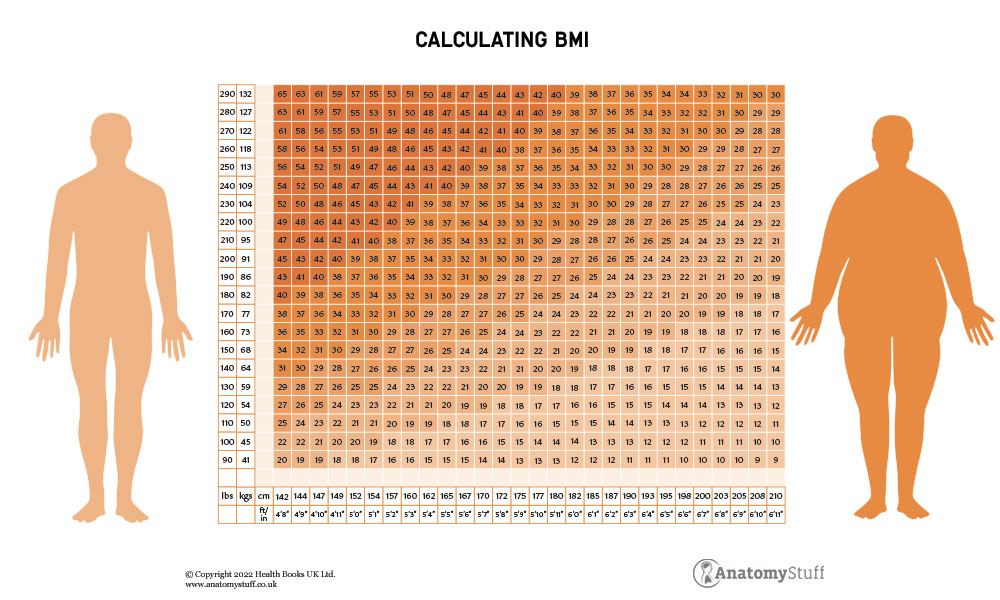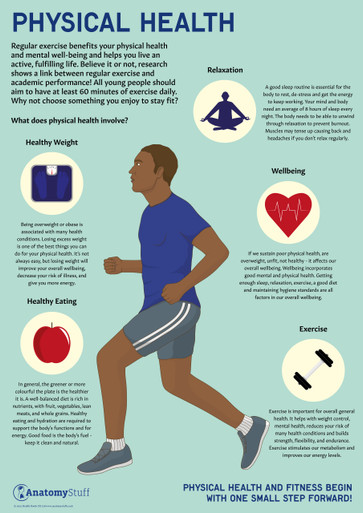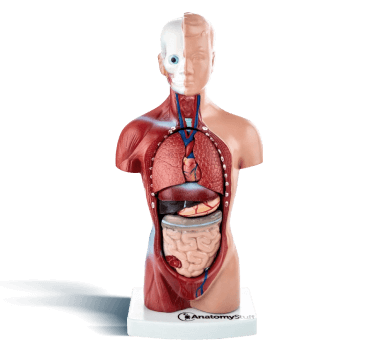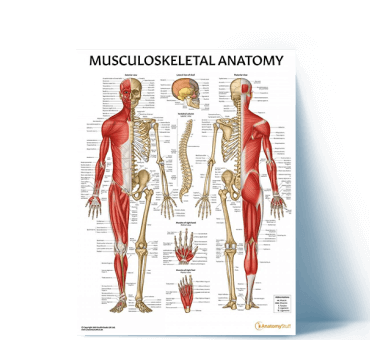Weight Management
In 2020, 62.8% of adults were overweight or obese! Obesity contributes to many medical conditions and co-morbidities, so weight management is a topic of utmost importance for many individuals. It includes the ideas and physiological processes that help a person attain and maintain a certain weight. Weight management techniques generally encompass long-term lifestyle techniques, diet control, and exercise routines. Being overweight increases your risks of type 2 diabetes, heart diseases, fatty liver, kidney diseases, and related health issues, so if you are struggling with your weight, you may find a healthy eating plan and regular physical exercise to be much helpful.
Fat and Weight Management
Weight loss is often confused with fat loss, which is different. Weight loss is the loss of muscles, fat, and water, all simultaneously leading to weakness, poor diet, and decreased fitness levels. It reduces body strength overall. Fat loss, on the other hand, is the loss of harmful fat only and leads to better fitness, increased metabolism, and good nutrition. So, a healthy weight is important, and all you must focus on is how to lose harmful fat from your body.
Here the question arises, what exactly is a pound of fat equal to. A pound of fat roughly equals 9 subway clubs, 6.5 big macs, 14 snickers bars, or 7 large fries. And to burn a pound of fat, you must burn approx. 3,500 calories, which roughly equals 25 miles of running, or 40 miles of walking.1
Everyone wants to get rid of fat, but the truth is, you cannot get rid of all of it, nor should you, as it is one of the most essential components of your body. But you must maintain it within optimal limits. An average woman of 5 ft. 4 in. weighs 166 lbs. and carries an average 46.5 lbs. of fat. In contrast, an average man of 5 ft. 9 in. weighs 196 lbs. and carries an average of 41.2 lbs. of fat.
Tips to Maintain Healthy Weight
Now that you know all about healthy weight, the next step is how to achieve it, and the more important one, how to maintain it. You should keep up with lifestyle changes, diet plans, and exercise goals so you don’t gain excess weight again. Here, we will discuss some of those points.
• Eat Healthy Breakfast: Several studies show that a healthy breakfast is an essential part of a healthy person’s lifestyle.
• Exercise Regularly: People with high activity levels are more likely to maintain a healthy weight and lose excess fat than those who are not that active. Set your exercise goals with an aim to build approx. 200 minutes of exercise per week.
• Eat Whole Foods: Healthy eating patterns with whole, unprocessed foods that are rich in fibre and protein are beneficial to attaining a healthy weight.
• You can make healthier choices not influenced by hunger by planning meals ahead of time. Plan home-cooked food, and avoid ultra-processed fast foods. Keep your diet occupied with low-calorie snacks such as fresh fruits, vegetables, and whole grains.
• Drink plenty of water and stay hydrated, which is key to a healthy weight. Avoid high-calorie sweetened drinks.
• Pay proper attention to what you eat, calculate your food portions, and do not overeat. Look at the nutrition facts on the food labels of what you are about to eat, take smaller portions of food, prioritise mealtimes, and stop eating a little early than when you are full.
• Getting cookbooks and having some ideas for new recipes helps you avoid getting bored with your healthier diet choices and motivates you to lose weight. Great recipes can be found on many internet sites and mainstream digests.
• Decrease your screen time, and get moving on your feet. More screen time is harmful to your eyes, but it also means less time for activity. So, choose enjoyable activities and sports that help you get on your feet and keep you fit.
• Monitor Yourself: Weigh weekly, and take self-measurements regularly because if you do not hold yourself accountable, who will? Keep full track of your health and weight, and if you find yourself going back to old habits, try to have your food and exercise routines under check. Join a weight management program, which ensures better long-term success rates.
Free PDF Downloads
View AllTakeaway
Some days will be better than others, so pick yourself up the next day and move on when you have a day of overeating. A diet is only a short-term method or tool to lose weight and maintain optimum weight; long-term changes need to be made. Thoroughly enjoy each bite instead of fixating on what you can’t have. Plan one change at a time that can be incorporated into your new lifestyle, and once you have mastered that one bit, add another goal into the routine. Along with all this, monitor your progress, and keep yourself updated.
Related products
View All